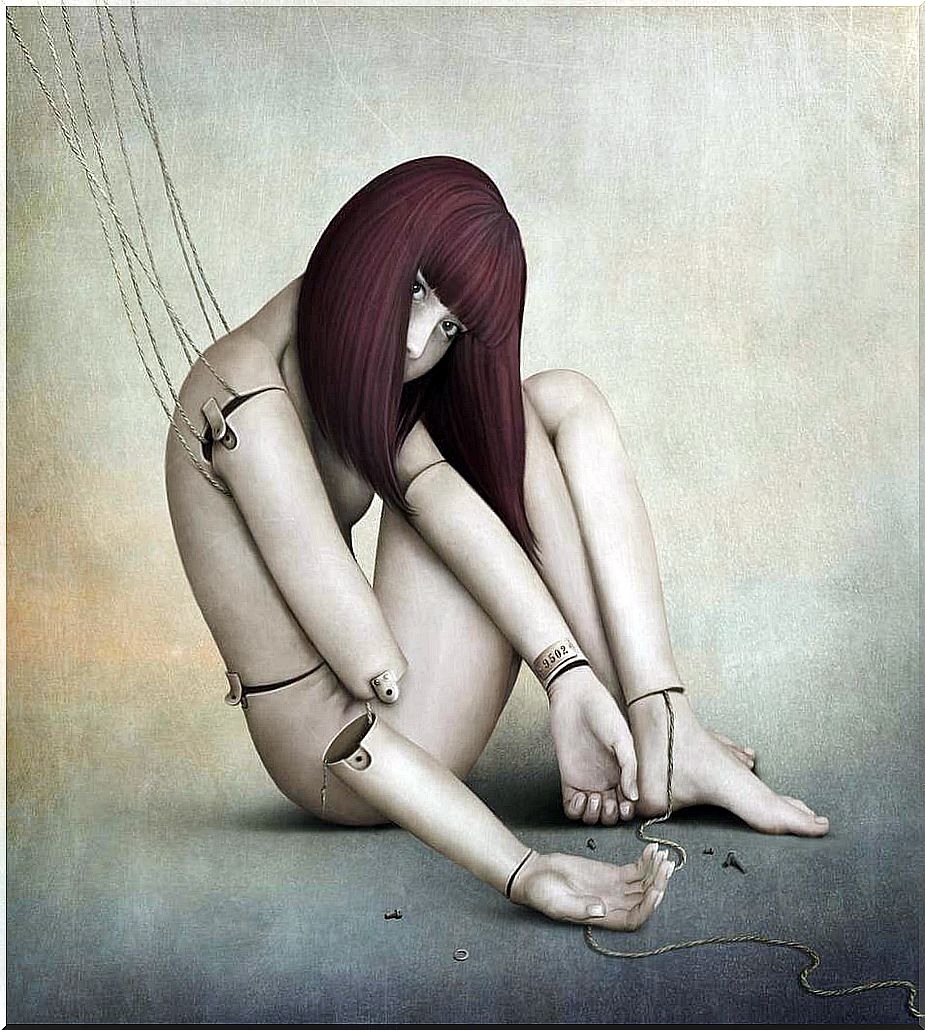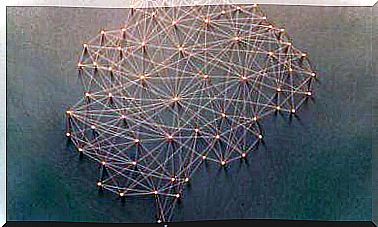How To Escape From The Cage Built By An Emotional Predator?

Throughout our lives , we build relationships that invite us to give the best of ourselves, but we can also find ourselves immersed in destructive relationships that consume us, and even end up destroying us by locking us in cages. which is built by an emotional predator.
Just as it is predators in nature that exterminate others who are weaker than them, we can encounter a similar phenomenon in humans. These emotional predators are not fed by weaker people, but instead are fed by those who have a gift that they envy.
The profile of an emotional predator
The life of an emotional predator is a strategy game with selfish goals. Although each emotional predator has its own peculiarities, they all seem to share a number of characteristics:
They are masters of disguise
An emotional predator is a disguise master who can spread across all ages, genders and social classes, and their strategies are the most effective in their immediate personal relationship, like those with a partner. Just as a chameleon can change its appearance to suit its surroundings, a predator also has this ability to adapt so that they cause deep damage without people around them noticing.
They absorb energy from others
They are people who thirst for the energy that others have. They are immersed in a universe of hatred and bitterness towards those who are able to feel and shine.
Their victims are nice, cheerful, honest people with great vitality and enthusiasm. They are people who display qualities that the emotional predator lacks and envies because they represent everything he or she is incapable of being. That is why they feel compelled to tear down, annihilate, humiliate and destroy everyone who reminds them of this.

They are not able to feel
The main characteristic of an emotional predator is their inability to come into contact with their emotions, caused by a lack of emotional connection between the mind and their emotions. This lack of pleasure usually starts from a young age, and therefore the predator has adapted to it and does not see it as a dysfunction.
Many of these links originate in childhood, when they felt overwhelmed by their own emotions and disconnected from them as a defense mechanism. Therefore, their emotions disappeared from the world, and they were left with intellectualization, the same logic as where it is admitted that people can be treated as objects to achieve their goals.
They reject themselves
Emotional predators feel a strong rejection of and resentment towards themselves due to their inability to feel, causing them to hide behind a mask so that they are not exposed.
They feel disoriented, different, and in many cases, like the victims of their fate. Somehow they understand that the way they treat other people is a replication of the treatment they have received.
They are great actors
They do not feel, but they make it look like that. Their strategy is intentional and slick, which allows them to go unnoticed among all those around them.
At first they seduce their victims through closeness and the passage of time, but later they manage to influence them and eventually end up dominating them, where they deprive them of all freedom and autonomy. It is a complex and silent process in which they create a spider web strategy to capture their victims.
How do we identify that we have a relationship with an emotional predator?
A victim can maintain a relationship with an emotional predator for a very long time without noticing it. Sometimes they do not even know it until they are emotionally exhausted and feel that they have lost the whole essence of who they once were.
To find out if you are involved in this type of toxic relationship, be it with your partner, a family member or a friend, or even in a work environment, it is good for you to reflect on the following questions:
- Do you feel isolated? Have you lost touch with your loved ones? Do you have problems related to your family and friends?
- Have your values and ways of thinking changed? Do you think that these changes have made you put a distance between yourself and the person you used to be? Do you think you have lost your identity?
- How much do you value yourself? Do you feel that you are full of guilt? Are you afraid to express yourself or give your opinion?
If you find yourself isolated without emotional support to turn to, your values have changed, you are afraid to express yourself, and your view of yourself is negative, you may have a relationship with an emotional predator.

To escape the emotional cage
Escaping the grips of an emotional predator is not an easy task, especially because fear, insecurity and guilt have managed to take up space within the victim in a very deep way. The victim is no longer the person they used to be and has to restructure their thoughts and feelings.
Being aware of it is the first step to freeing yourself. To escape from this trap, the victim must notice it. It is possible that they do not recognize the situation as dangerous, or that the iron lattice for guilt may be too strong to let them see a way out.
The victim must identify the emotional predation process that makes them feel responsible and guilty about the conflict, so that they can then put all their energy into saving themselves. They must understand that they must protect themselves, and for this they must stop justifying the aggressor.

Once the person is aware of the situation in which they are trapped, it is very important to look for a support network. It is especially important to get back in touch with the people with whom they used to have strong emotional connections, and from whom the predator cut off. These people can be the emotional support that the person needs to get help to free themselves from their cage.
Going to a specialist becomes indispensable in these cases. The victim tends to have trouble escaping, and when they do, they realize that they are no longer the same person. They accumulate enormous suffering along with feelings of guilt and fear.
It may even be necessary for the authorities to intervene to resolve these types of conflicts. However, this tends to lead to complications when asked for evidence that shows the facts, since humiliation, closures and insults are difficult to demonstrate. For this, it is proposed that the victims keep all kinds of documents and archives that can be recognized as evidence.









